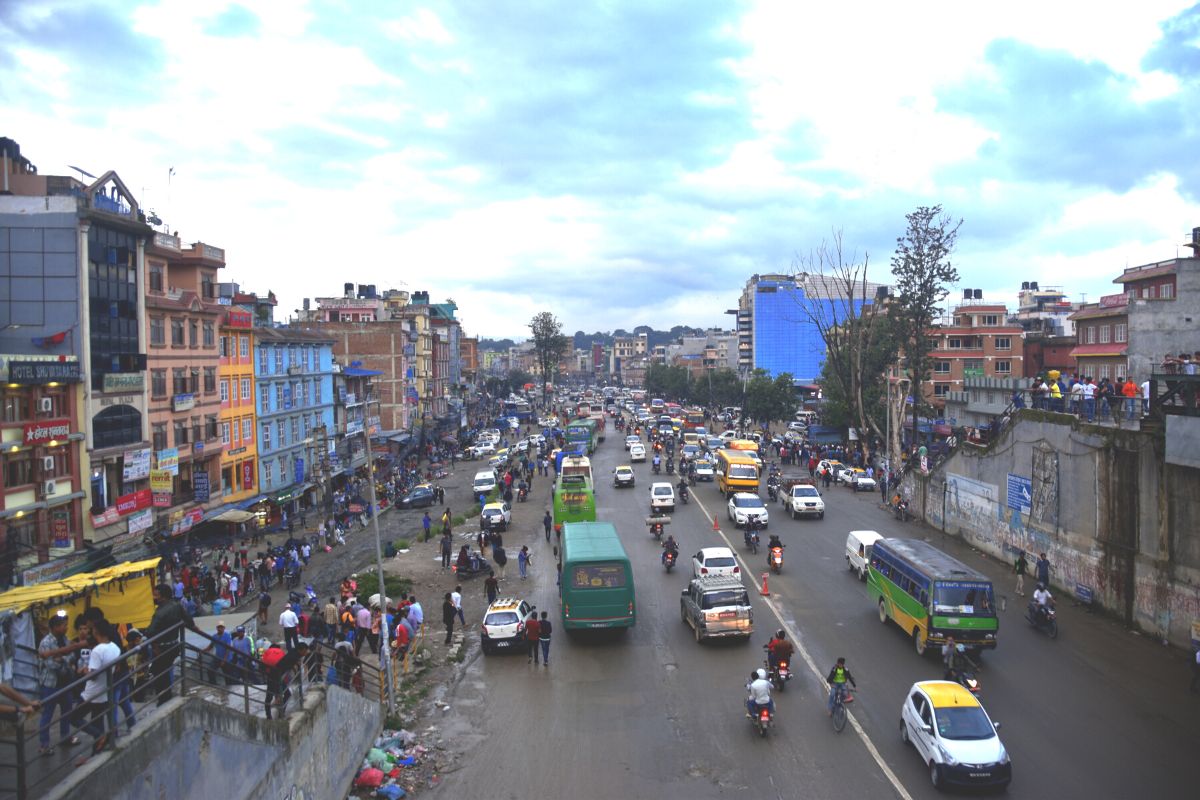All roadmaps, plans and preparations are subject to change and need to be updated. The whole idea of Nepal becoming a prosperous country by being an export hub in the region is just a notion of perceived happiness borrowed from the future. As we have been preparing to graduate from the least developed country (LDC) status to developing country status, it is time to re-think how much homework we need to do to walk on the path of prosperity beyond graduation. Nepal needs to invest an amount more than double its GDP in different sectors to be competitive in the global market even beyond graduation. The government alone can’t funnel the money needed to lay the foundation for all sectors to be ready for the shock of graduation from LDC status. And on top of that, LDC graduation is not the end of the story. Graduation has positive and negative impacts on the country’s economy.
A detailed assessment of both the positive and negative effects should inform all players in the economy. There is a tendency to feed information only to the government at the federal level in terms of the impact of graduation and what will happen to different sectors. This should also change. Both the public and private sectors should be equally well informed about the effects of graduation. More importantly, provincial and local governments should have adequate information and knowledge about the impact of LDC graduation, and what would be the likely scenario in terms of the inflow of official development assistance and other support from bilateral and multilateral agencies. Different agencies, including the National Planning Commission (NPC), have been undertaking studies to understand the nuances of graduating from LDC status by 2026. But that level of understanding and findings from different studies and dialogues should be shared widely at the provincial and local levels among all stakeholders, including the political leadership and civil society.
Advertisement
All the players in the economy should accept that there will be a shift in the nature of support to Nepal in the post-graduation days. There may not be continuity of preference regarding an international market for export and other accesses. Hence, the private sector should start preparing to remain as competitive as it can in the global market once the cushion of preferential policies goes away. The World Trade Organisation (WTO) states that there won’t be a significant change in the outlook for official development assistance beyond graduation as the donors and multilaterals appear committed to supporting it in the post-graduation period.
Primarily because more prominent international organisations do not use the LDC category to design strategies for official development assistance, this leads to the conclusion that the LDC category has fewer implications than in official statements and commitments. However, there must be a roadmap to walk on the path of prosperity in the post-graduation days. With that being the process, the WTO suggests that graduating countries renew engagement with multilateral economic institutions and mechanisms, considering all the systemic and global issues and improving the existing arrangements concerning trade, finance, tax, immigration, agriculture and the environment.











